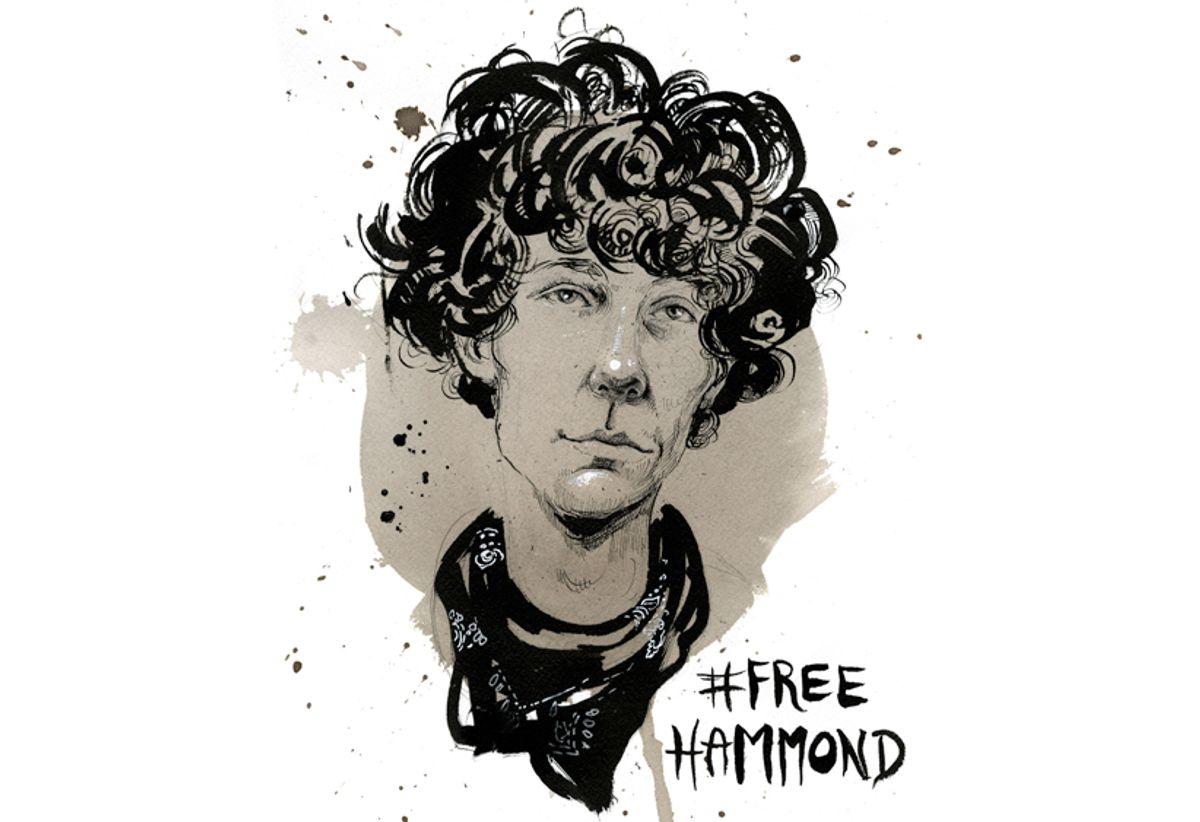Corporations are increasingly spying on nonprofit and activist groups, according to a new report from corporate watchdog and Ralph Nader brainchild Essential Information.
The report, released this week, found that "Many different types of nonprofits have been targeted with espionage, including environmental, anti-war, public interest, consumer, food safety, pesticide reform, nursing-home reform, gun control, social justice, animal rights and arms control groups," with major corporations employing former CIA, NSA and FBI agents to carry out the private surveillance work.
Essential Information claims that a number of corporate espionage operations are both "unethical" and "illegal." E.I. reported:
Many of the world’s largest corporations and their trade associations -- including the U.S. Chamber of Commerce, Walmart, Monsanto, Bank of America, Dow Chemical, Kraft, Coca-Cola, Chevron, Burger King, McDonald’s, Shell, BP, BAE, Sasol, Brown & Williamson and E.ON – have been linked to espionage or planned espionage against nonprofit organizations, activists and whistleblowers.
The report's author, Gary Ruskin, commented, “Corporate espionage against nonprofit organizations is an egregious abuse of corporate power that is subverting democracy.”
Indeed E.I.'s findings align with a general tendency, revealed at its starkest by Edward Snowden's NSA leaks, that sees non-suspicious, protected activity by groups and individuals nonetheless surveilled and thus de facto treated as a threat. The watchdog organization notes in its report that corporate espionage is "veiled in secrecy." In light of E.I.'s work, it's worth remembering that this is the very sort of shadowy private intelligence activity that hacktivist Jeremy Hammond worked to push into the public consciousness with the Anonymous hack on Stratfor.
The Stratfor hack revealed, among other things, that Dow Chemical had hired the firm to surveil and low-level harass activists speaking out about the Bhopal disaster, and that Coca-Cola employed Stratfor to spy on PETA activists.
Defenders of private intelligence activity have argued that, so long as corporate espionage stays within legal confines, then there's no problem. Aside from the fact that E.I.'s report claims that numerous corporate spying operations on nonprofits are not legal, it seems pertinent also to resist conflating what is legal with what is ethical. As one of Hammond's attorneys, Margaret Kunstler, has pointed out, constitutionally protected activism and nonprofit work should be able to go on without the silencing effects of constant surveillance and infiltration by corporate spies. Hacks exposing this sort of activity -- the very issue, relevant to the public interest, highlighted as a growing problem by E.I. -- has landed Hammond with a 10-year federal prison sentence. Proof positive, perhaps, that what is currently legal has little bearing on what is just.
As E.I. notes in its report, "Individual citizens and groups do not lose their right to privacy merely because they disagree with the activities or ideas of a corporation. The right to privacy dovetails with our First Amendment rights to speech, public debate, and full participation in the 'marketplace of ideas.'" It was in the service of this same sentiment that Hammond acted. Essential Information's report should remind us of the relevance and necessity of his online civil disobedience.

Shares